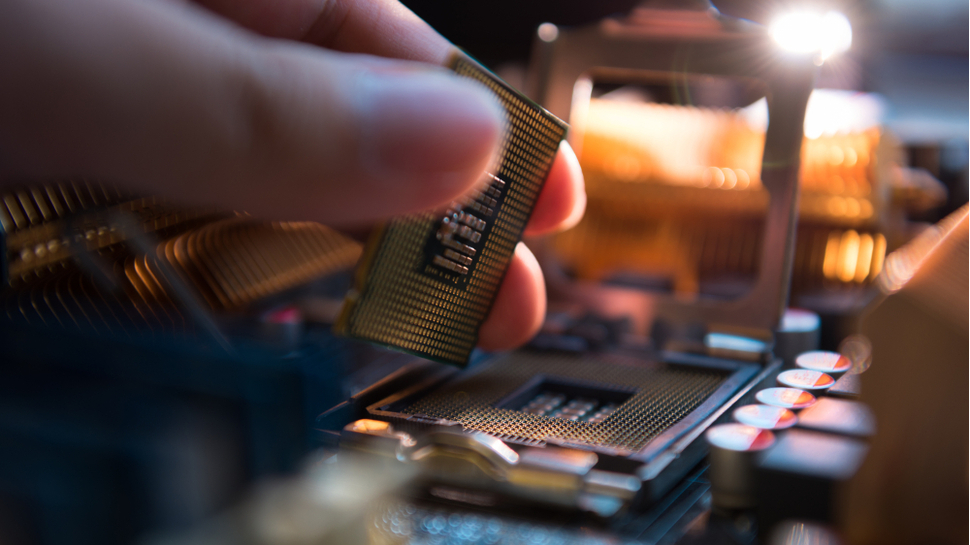Mighty CPU rival to Intel and AMD set to shake up the market
French company SiPearl enters the fray

The announcement of Amazon’s Graviton2 may well have made AMD and Intel a little nervous - Amazon is, after all, a customer of both. Now, the two companies have even greater reason to be worried.
AnandTech reports that Parisian company SiPearl recently announced it had signed a major agreement with semiconductor giant ARM. The French firm will use ARM IP (Zeus Neoverse CPU) to develop a new set of CPUs: Rhea, Chronos and another unnamed model.
The company is backed by the European Commission as part of the European Processor Initiative (EPI) project, which aims to design a high performance, low power microprocessor for Europe’s first exascale supercomputer.
- Here's our list of the best dedicated server hosting providers of 2020
- Check out our list of the best workstations on the market
- We've built a list of the best mobile workstations available
Three generations of processors are expected to be delivered in four years, which is a rather ambitious timeline. SiPearl will also be heavily dependent on technology from two other French companies: Kalray and Menta.
Although SiPearl will not, for the foreseeable future, produce any consumer-focused products, its roadmap gestures towards an automotive POC (power over Coax?) and an automotive central processing unit that could be on the horizon.
So, while SiPearl won't compete just yet with the likes of Ampere’s Altra, AMD’s Epyc family or Intel’s Xeon range, it's one to keep a close eye on as Europe wrestles to build an HPC unit capable of competing with global giants.
- Here's our choice of the best bare metal hosting of 2020
Sign up to the TechRadar Pro newsletter to get all the top news, opinion, features and guidance your business needs to succeed!

Désiré has been musing and writing about technology during a career spanning four decades. He dabbled in website builders and web hosting when DHTML and frames were in vogue and started narrating about the impact of technology on society just before the start of the Y2K hysteria at the turn of the last millennium.